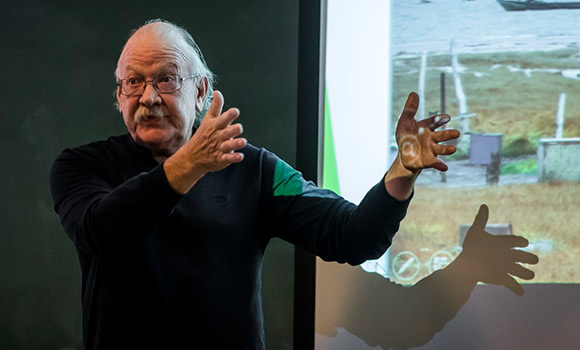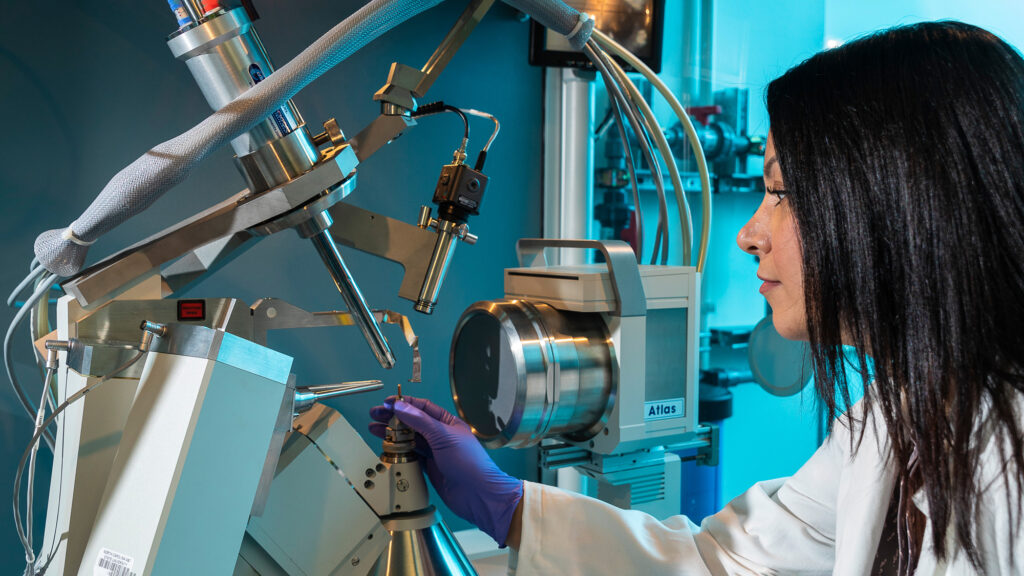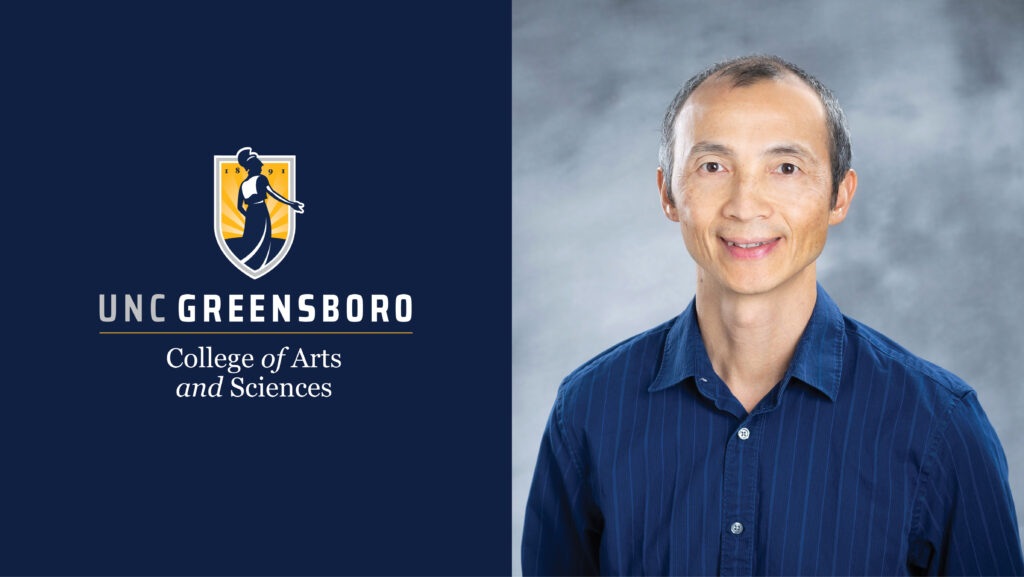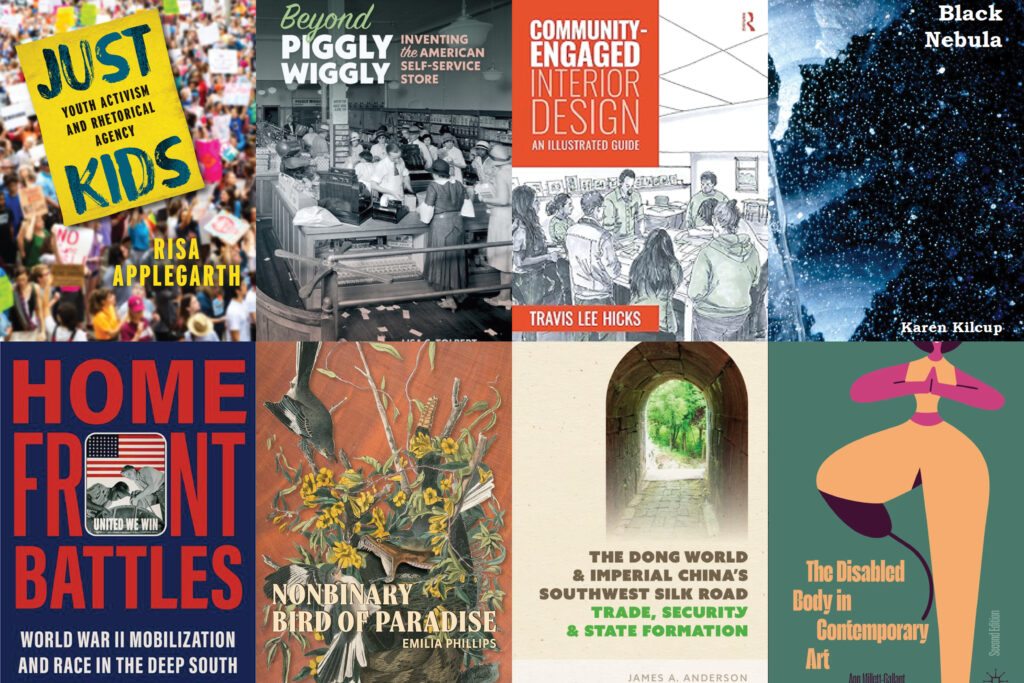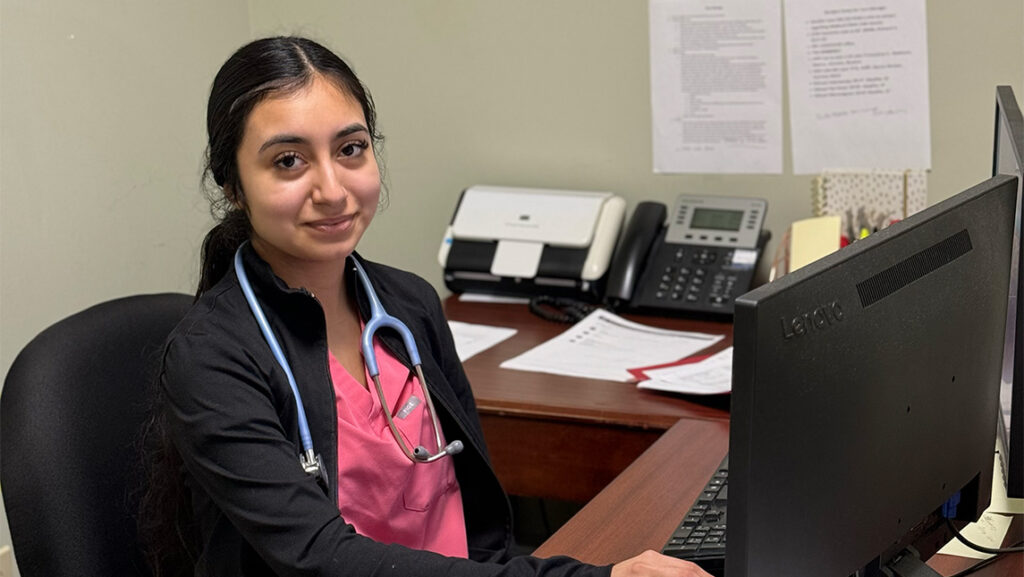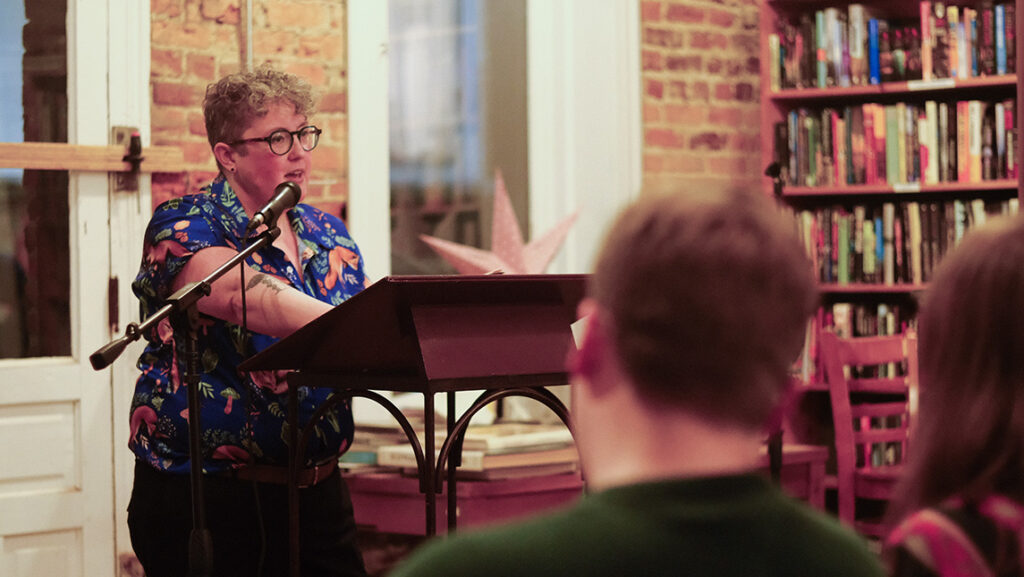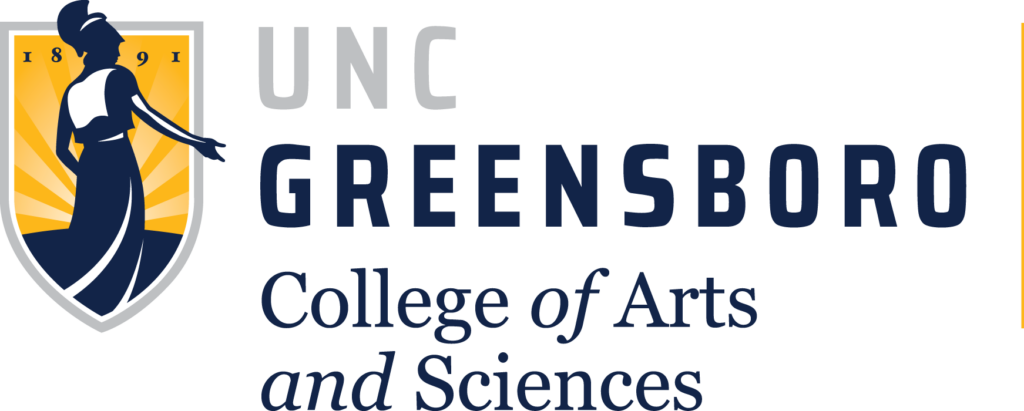How do individuals rebuild their sense of identity after a natural disaster? And how can city leaders use disasters as opportunities to eliminate inequalities?
UNCG Professor of Sociology Steve Kroll-Smith has been exploring these questions ever since Hurricane Katrina devastated New Orleans in 2005. And the answers aren’t simple.
First, there’s the issue of identity. For the 2015 book “Left to Chance: Hurricane Katrina and the Story of Two New Orleans’ Neighborhoods,” Kroll-Smith and colleagues Dr. Vern Baster and Dr. Pam Jenkins tracked 47 individuals over the course of six years.
One of their key findings? The relief effort itself can become a “second disaster.”
“Five years out, folks will tell you they experienced more stress in trying to navigate the world of disaster relief, in part because it never seems to end,” Kroll-Smith says. “It’s a cycle of waiting, documentation, resubmission and more waiting.”
His team also found that a full recovery of self is highly unlikely.
“These people are never going to be the same as they were before the disaster,” he says. “We suggest that people ‘edit’ this experience into their ongoing lives. Catastrophes register in individuals’ identities, and, as the years go by, become a part of who they are in the world.”
In 2018, Kroll-Smith will publish his next book on disaster: “Recovering Inequality: Hurricane Katrina, the San Francisco Earthquake of 1906, and the Aftermath of Disaster.” Both books are part of the University of Texas Press Katrina Bookshelf series, supported by the Ford, Bill & Melinda Gates, MacArthur, Rockefeller and Russell Sage foundations and sponsored by the Social Science Research Council.
In this new work, Kroll-Smith analyzes disaster recovery from a critical political angle by delving into relief efforts in New Orleans after Hurricane Katrina and in San Francisco after the earthquake and firestorm in 1906.
“A disaster creates a clean slate for communities – a moment when things could be otherwise,” he says. “However, what ends up happening is that we rebuild the inequality that existed prior to the recovery.”
He explains that in both instances, city leaders called for fundamental change, promising to build the cities better – less neighborhood, income and racial inequalities.
“But, in a society like ours, disaster relief processes are inevitably administered via market principles, including the potent notion of whether or not an applicant for relief is determined to be ‘market worthy,’” he explains. “A market society is, by its very nature, going to recreate the inequalities that existed prior to the disaster.”
According to Kroll-Smith, these issues of identity and inequality are critical as relief efforts continue in Houston, Puerto Rico and the Virgin Islands. In December, Kroll-Smith will travel to the Natural Hazards Center at the University of Colorado, Boulder, to work on plans to continue his research at the sites of recent disasters.
Ultimately, when it comes to surviving a disaster, a key takeaway is that people cannot do it alone.
“They need a tribe,” Kroll-Smith says. “We know who we are by our relationships with other people. It’s the company of others that makes life, post-disaster, worth the effort.”
Story by Alyssa Bedrosian, University Communications
Photography by Martin W. Kane, University Communications
[Original Story]
